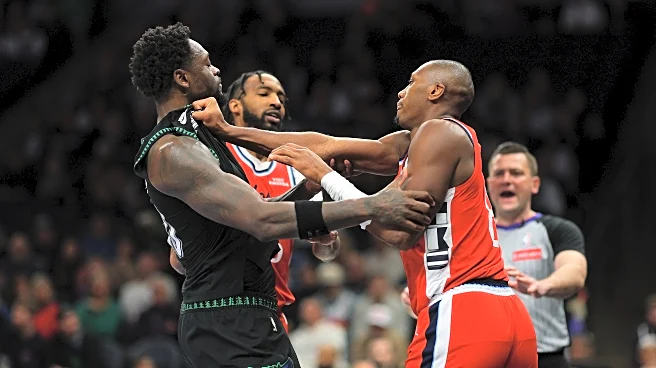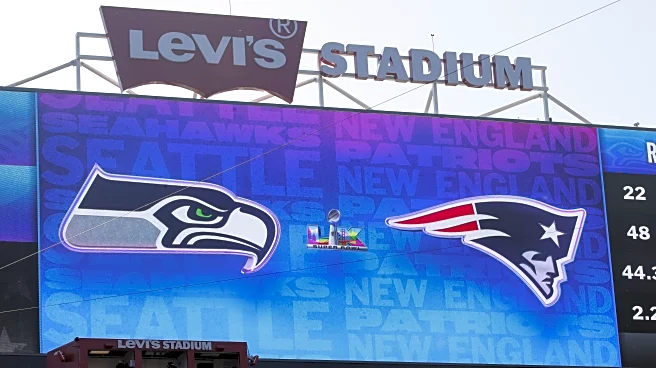Rapid Read • 8 min read
Ethan Glenn, initially a marketing manager, has successfully transitioned into entrepreneurship by leveraging his social media influence. Starting with a small batch of hats branded with 'Every Other Thursday,' Glenn's venture quickly expanded due to high demand. By 2022, his company was generating $250,000 in annual sales, and it is projected to reach $3 million this year. This trend is part of a broader movement where male influencers are establishing fashion brands, similar to their female counterparts. Influencers like Noah Beck and Daniel Simmons are leading this charge, creating brands that offer a range of products from hoodies to denim. The male influencer sector has seen significant growth, with followers doubling since 2020.
AD
The rise of male influencer-led fashion brands marks a significant shift in the industry, traditionally dominated by female influencers. This development could reshape the menswear market by introducing new styles and brands that cater to a growing audience interested in lifestyle content. Established menswear brands may face increased competition as these influencer brands expand their offerings and collaborate with industry giants. The success of these brands highlights the potential for influencers to leverage their online presence into profitable business ventures, impacting the fashion industry's dynamics and consumer choices.
To sustain growth, these influencer-led brands must expand beyond their initial follower base. Strategies include traditional branding techniques, such as physical retail experiences and collaborations with established companies. For instance, Every Other Thursday plans to open a six-month pop-up store in 2026, aiming to surpass $5 million in annual sales. Collaborations, like Minted's partnership with Saucony, help these brands gain legitimacy and reach new customers. The challenge lies in maintaining product quality and brand identity to compete with established names in the menswear sector.
The emergence of male influencer brands reflects broader cultural shifts, where men are increasingly engaging with fashion and lifestyle content. This trend could influence societal perceptions of masculinity and fashion, encouraging more men to explore personal style. Additionally, the success of these brands without venture capital funding suggests a sustainable business model focused on organic growth and community engagement. As these brands mature, they may contribute to a more diverse and inclusive fashion industry.
AD
More Stories You Might Enjoy













